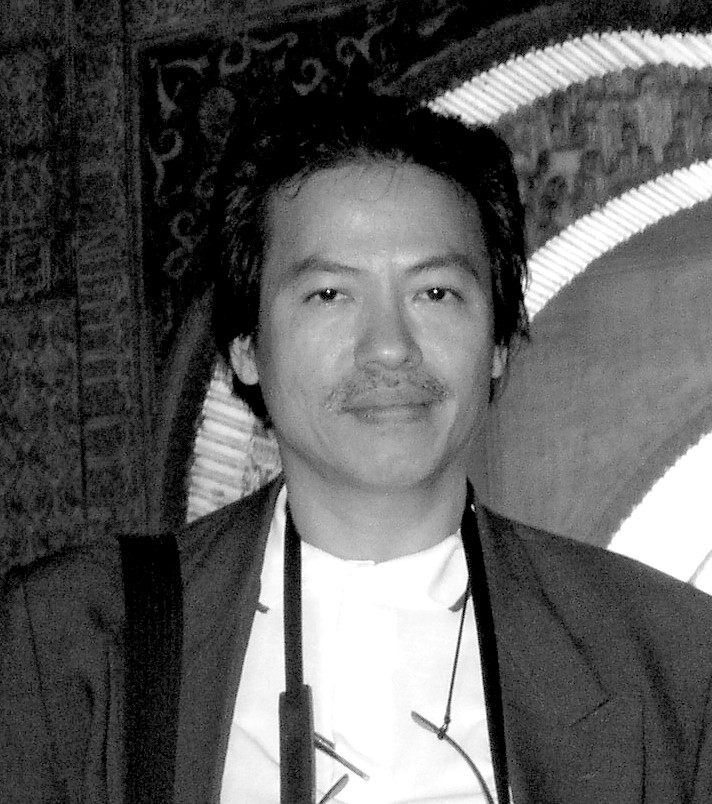The history of naming is an extremely interesting one that varies greatly from culture to culture. In some, surnames are important, in others, they are not even existent. In some, personal names are important, in some, less so.
Let’s take the Chinese case. In ancient villages, children could be known as Old Number Three, or whichever happened to be their order among siblings. The higher classes, on the other hand, would have a surname (xing), a personal name (ming), an adult epithet name (zi) , a formal nickname (hao) that could also be a nom de plume (biming), perhaps a distinguishing appellation (biezi), or even a state name (guanming) if he worked for the government.
Beyond that, the Chinese person of old might also retain in his memory other important references to himself such as his milk name (ruming), his student name (shuming) or his clan name (shi, which was perhaps traditionally a maternal surname).




